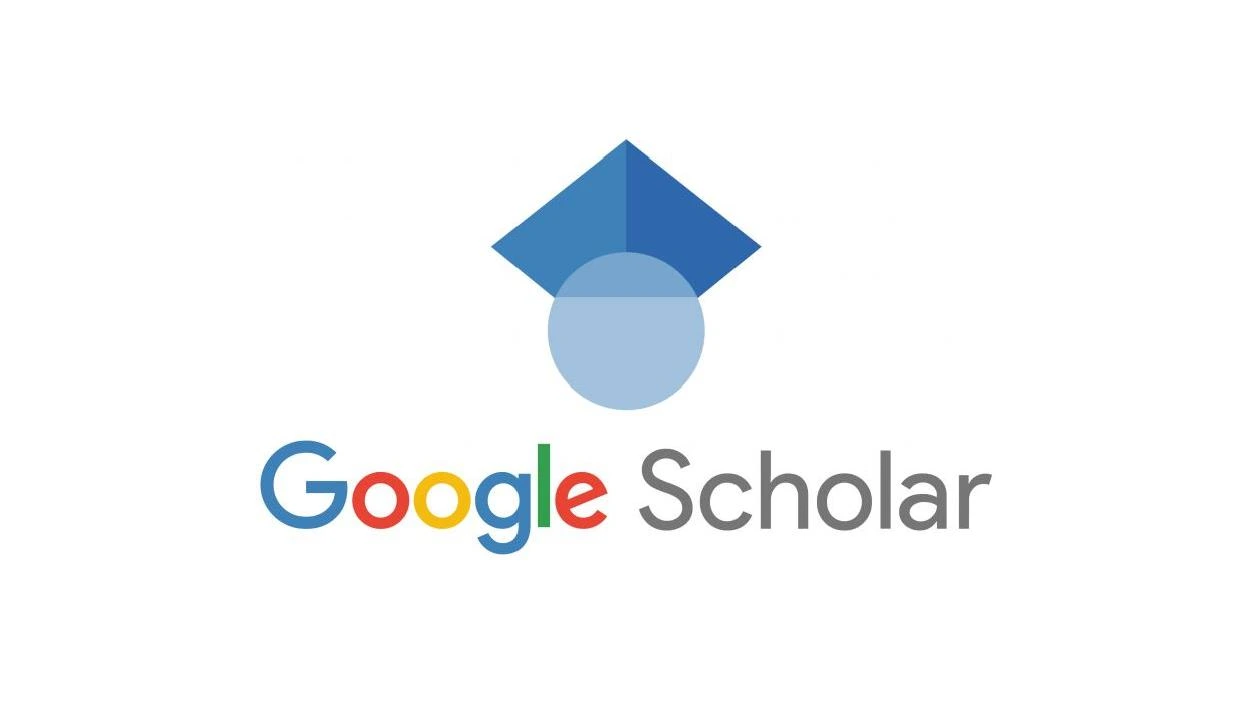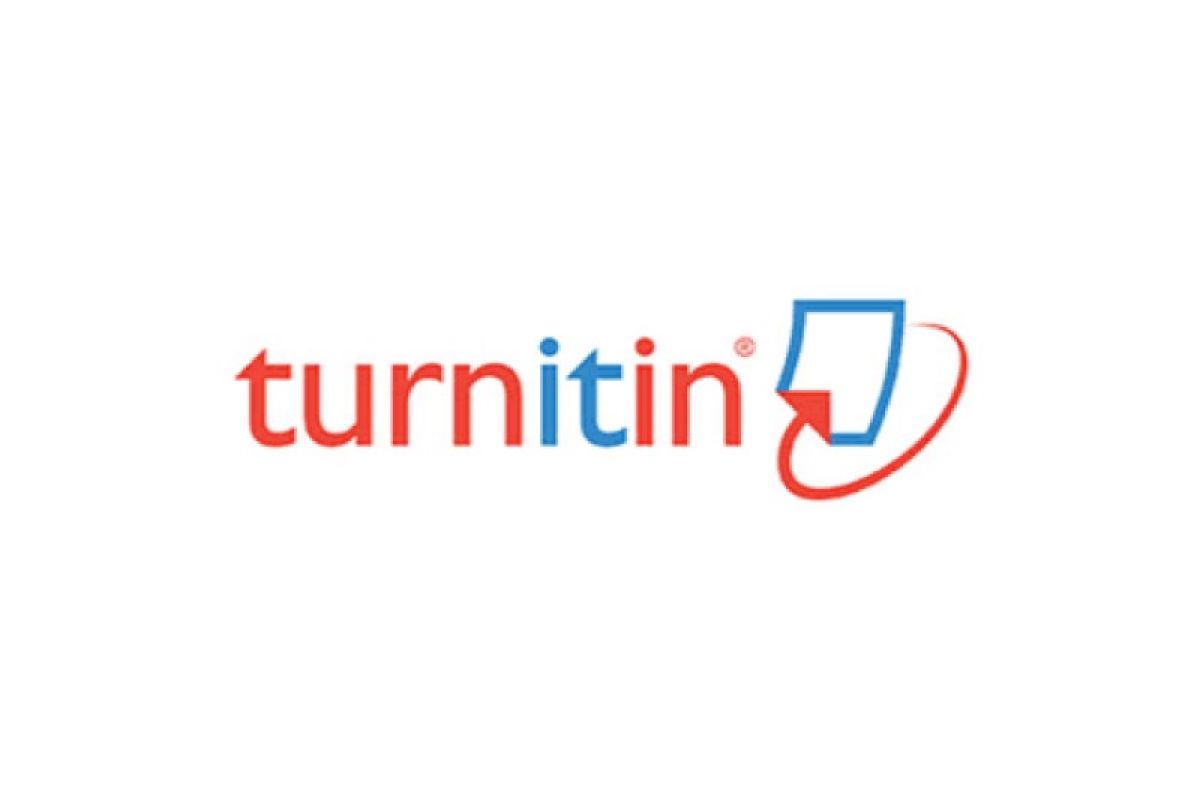ANALISIS PENERAPAN MODEL PEMBELAJARAN WORD SQUARE UNTUK MENINGKATKAN MOTIVASI DAN HASIL BELAJAR PADA MATA KULIAH PENGANTAR AKUNTANSI
DOI:
https://doi.org/10.47491/landjournal.v4i1.2982Abstract
The learning process carried out in higher education cannot be separated from the interaction process between lecturers and students. In practice, the learning process is not easy because students not only capture information from the lecturer, but also other efforts are needed to get good grades. Problems about learning outcomes are generally faced by several students in each department. This happened to 2019’s students in the D4 Financial Accounting study program at the Pos Indonesia Polytechnic, where student learning outcomes in introductory accounting courses were not quite good. In fact, these courses are very important to be studied and used as the basis for courses in future semesters in the accounting department. Several factors may affect the low learning outcomes, such as lack of interest and lack of student motivation in understanding the material presented by the lecturer, so that students are less involved in the learning process, and the learning method used by the lecturer is too monotonous. Therefore, lecturers need a learning model that is not boring so that it can help the class situation to be more active and interesting. One learning model that is interesting and has elements of a game is the word square learning model. Word square learning can make students directly involved in learning activities that are expected to be able to connect knowledge in the context of real world situations. The purpose of this study was to analyze the application of the word square learning model to increase motivation and learning outcomes of accounting students in the Introduction to Accounting course. This type of research uses a quasi-experimental design using the Noneequivalent control group design type. Determination of this type of quasi-experimental research on the grounds that this research is an educational research that uses humans as research subjects.
References
Hasni and M. Y. Hidayat, "Pengaruh Model Pembelajaran Kooperatif Tipe Word Square Berbasis Lari Estafet Terhadap Hasil Belajar," Jurnal Pendidikan Fisika, vol. 5, no. 1, pp. 39-44, 2017.
M. R. Satria and A. P. Fatmawati, "Pengaruh Kecerdasan Emosional Terhadap Tingkat Pemahaman Akuntansi Pada Mahasiswa Akuntansi Di Kota Bandung," Amwaluna: Jurnal Ekonomi dan Keuangan Syariah, vol. 1, no. 1, pp. 66-80, 2017.
"SIAP Politeknik Pos Indonesia," Politeknik Pos Indonesia, 2017. [Online]. Available: https://siap.poltekpos.ac.id/siap/besan.depan.php. [Accessed 23 October 2020].
S. W. Noviana and F. A. Rahman, "Efektivitas Model Pembelajaran Word Square Dengan Bantuan Alat Peraga Pada Materi Geometri," in EDU-MAT Jurnal Pendidikan Matematika, Banjarmasin, 2013.
S. Abdullah, "Penerapan Model Pembelajaran Word Square Untuk Meningkatkan Prestasi Belajar Siswa Kelas V SDN Pengawu," in Jurnal Kreatif Tadulako Online, Palu, 2011.
R. I. P. Sari, "Hubungan Motivasi Belajar dengan Hasil Belajar Siswa Pada Mata Pelajaran IPS Kelas IV di SDN 11 Petang Jakarta Timur," PEDAGOGIK, vol. II, no. 1, pp. 26-32, 2014.
K. Imas, Ragam Pengembangan Model Pembelajaran, Jakarta: Kata Pena, 2015.
N. Khodijah, Psikologi Pendidikan, Jakarta: Rajawali Press, 2014.
H. Uno, Motivasi dan Pengukurannya: Analisis di Bidang Pendidikan, Jakarta: PT Bumi Aksara, 2013.
N. Sudjana, Penilaian Hasil Proses Belajar Mengajar, Bandung: PT. Remaja Rosdakarya, 2010.
A. Susanto, Teori Belajar dan Pembelajaran di Sekolah Dasar, Jakarta : Prenadamedia Grup, 2013.
Suryana, Metodologi Penelitian: Model Praktis Penelitian Kuantitatif dan Kualitatif, Bandung: UPI, 2010.














